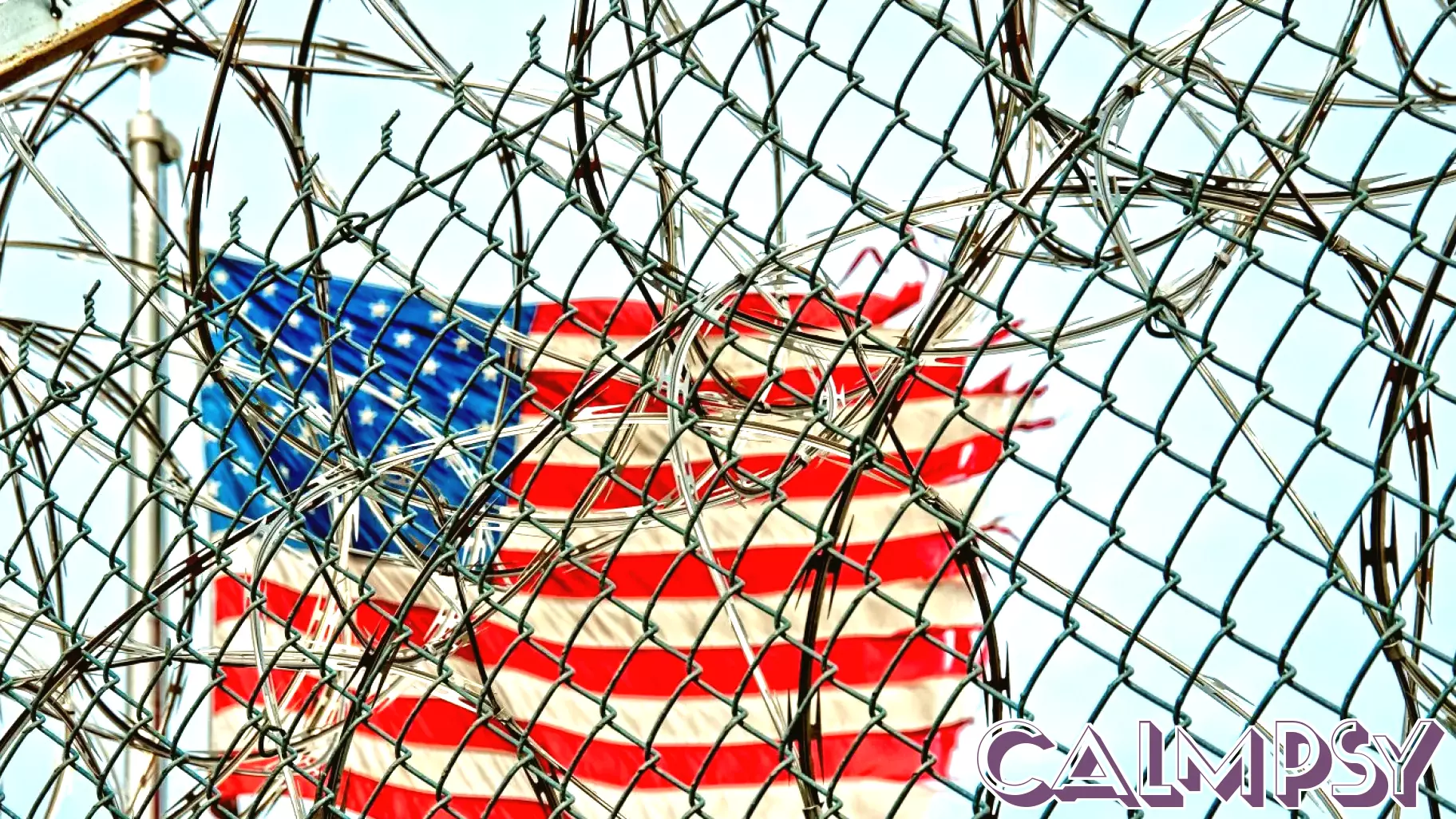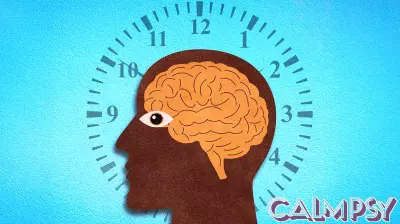The Emotional Roots of Our Political Divide
April 12, 2025 - 19:57

Although we may wish to think of ourselves as rational beings making informed decisions, our political affiliations often stem from deep-seated emotions rather than logical reasoning. Research suggests that our political identities are influenced more by visceral feelings than by intellectual deliberation. This emotional connection can lead to a polarized society where individuals view opposing beliefs as threats to their identity.
The divide between liberals and conservatives is frequently fueled by fear, anger, and distrust. These toxic emotions can create an environment where dialogue becomes increasingly difficult, and compromise feels impossible. People are drawn to political ideologies that resonate with their emotional experiences, leading to an echo chamber effect where dissenting opinions are dismissed outright.
Understanding the emotional undercurrents that shape our political views is crucial for bridging the divide. By acknowledging the role that feelings play in our political landscape, we may find pathways to empathy and understanding, ultimately fostering a more constructive dialogue among differing perspectives.
MORE NEWS

February 21, 2026 - 04:49
New Theory of Learning Upends the Lessons of Pavlov’s DogA groundbreaking new theory is poised to rewrite a fundamental chapter in psychology, directly challenging the legacy of Pavlov`s famous dogs. For over a century, the principle of...

February 20, 2026 - 03:37
Psychology says people who pick up litter even when no one is watching usually display these 7 traits that are becoming increasingly rareIn a world where actions are often performed for social validation, a simple, unobserved act—picking up a stray piece of litter—can speak volumes about a person`s character. Psychologists note...

February 19, 2026 - 09:31
Psychology says the reason you feel exhausted after doing nothing all day isn't laziness — it's that unresolved decisions drain more energy than physical effort ever couldIf you`ve ever collapsed on the sofa after a seemingly lazy day, bewildered by your own fatigue, psychology points to a clear culprit: your unmade decisions. The mental load of unresolved choices�...

February 18, 2026 - 23:26
Meredith Professor Elected as President-Elect of the Society of Occupational Health PsychologyDr. Leanne E. Atwater, the program director for the Master of Arts in Industrial-Organizational Psychology program at Meredith College, has been elected as the President-Elect of the Society of...